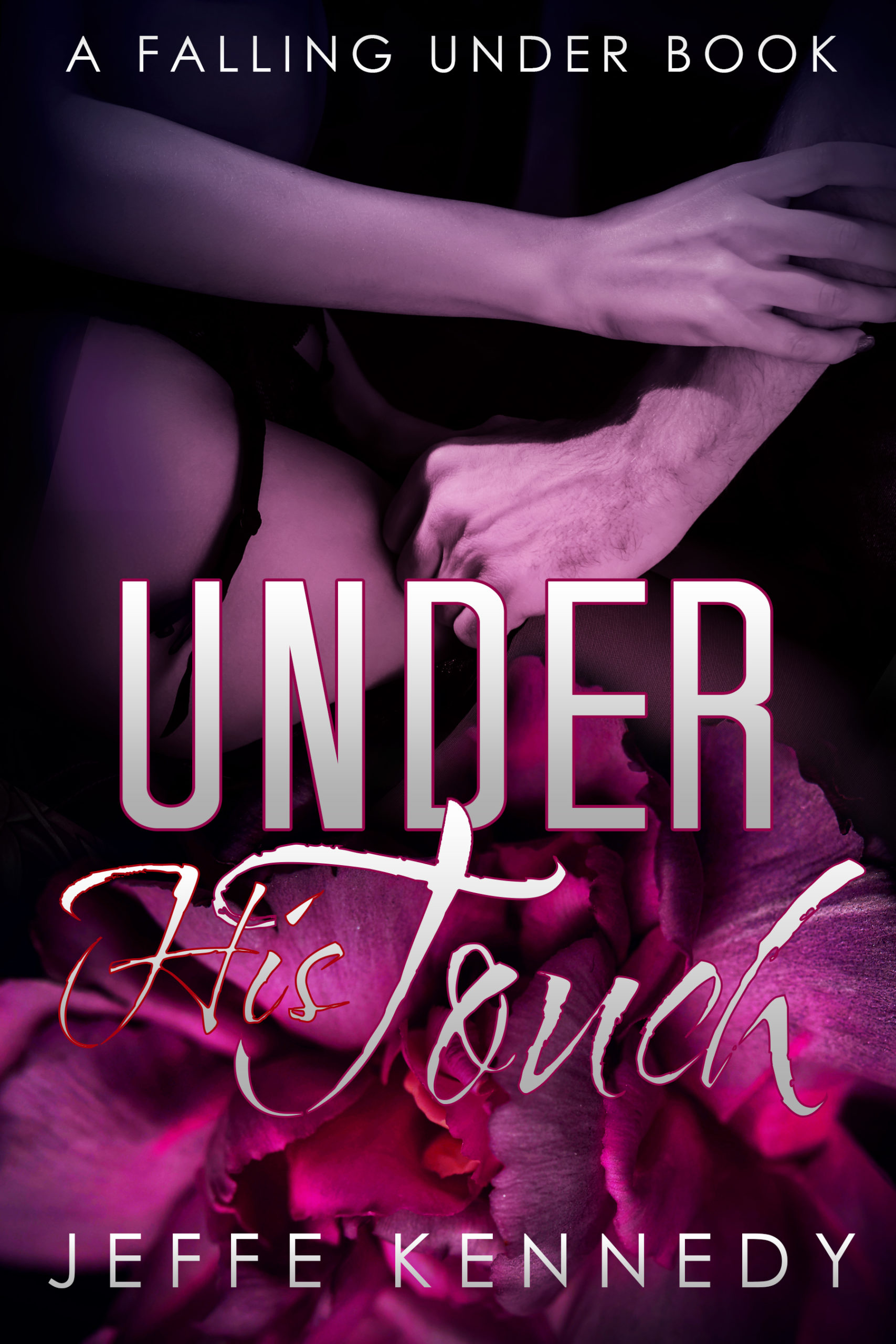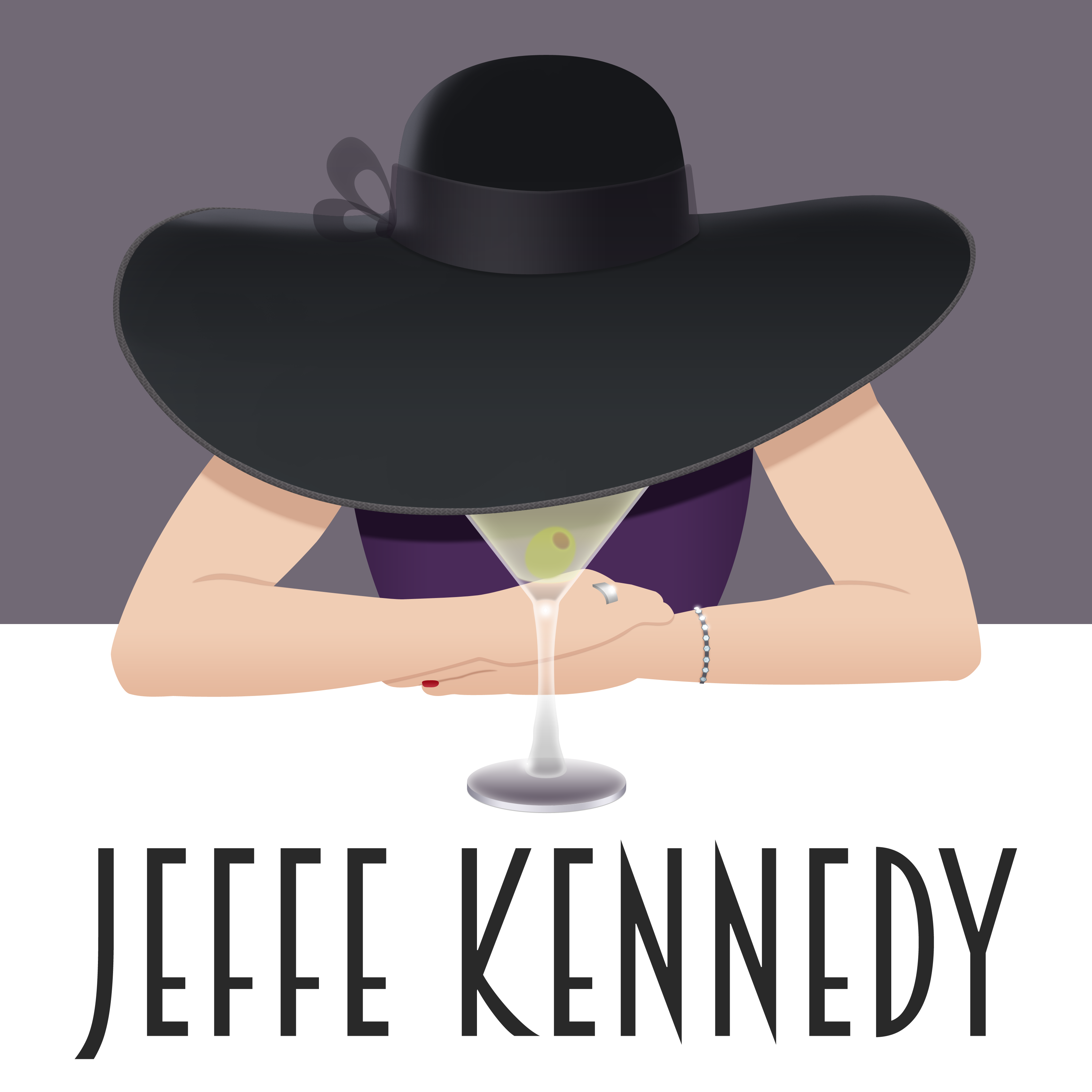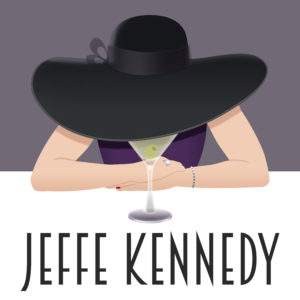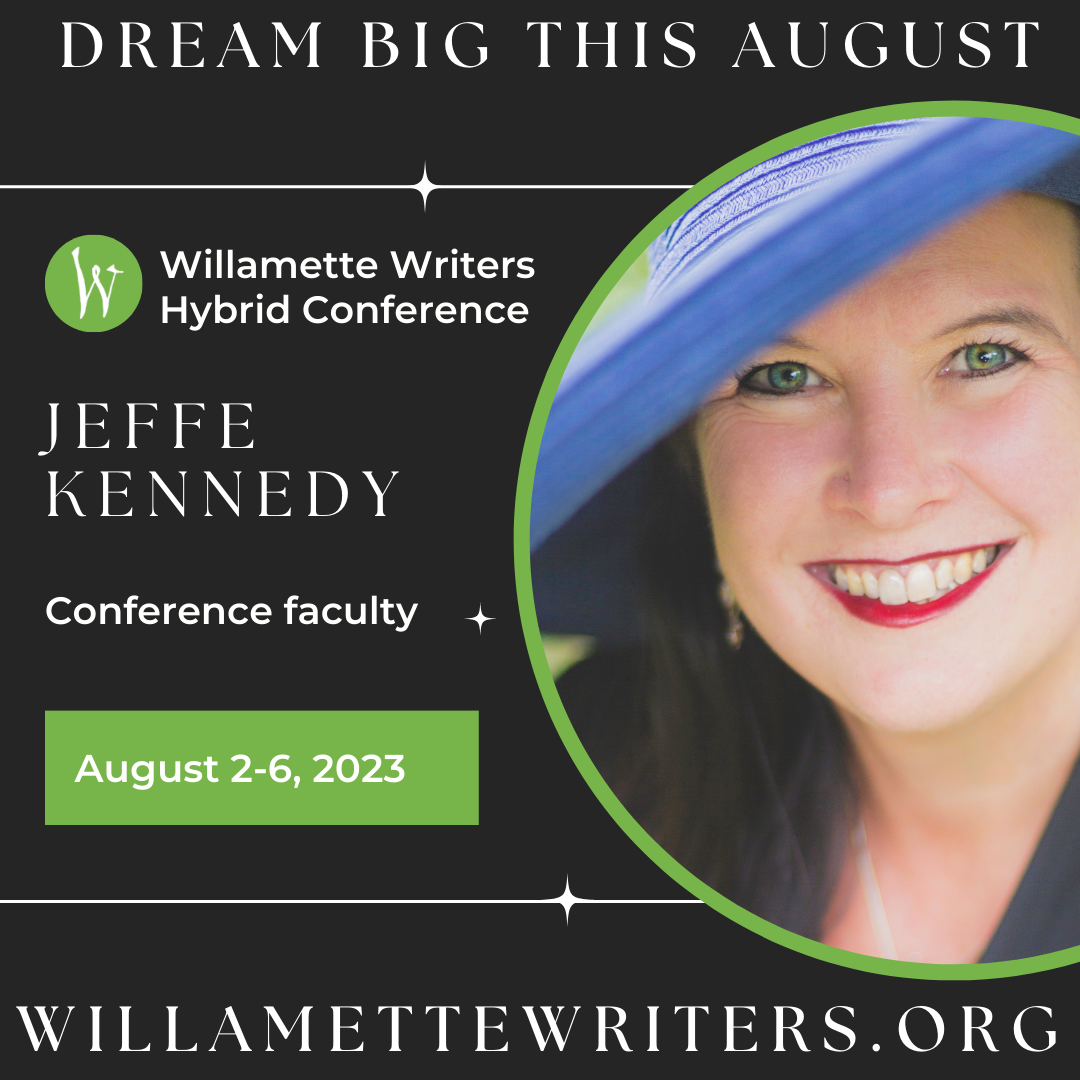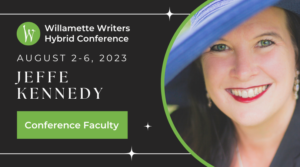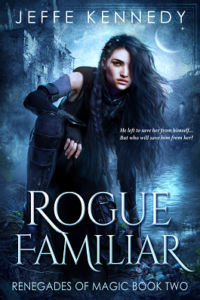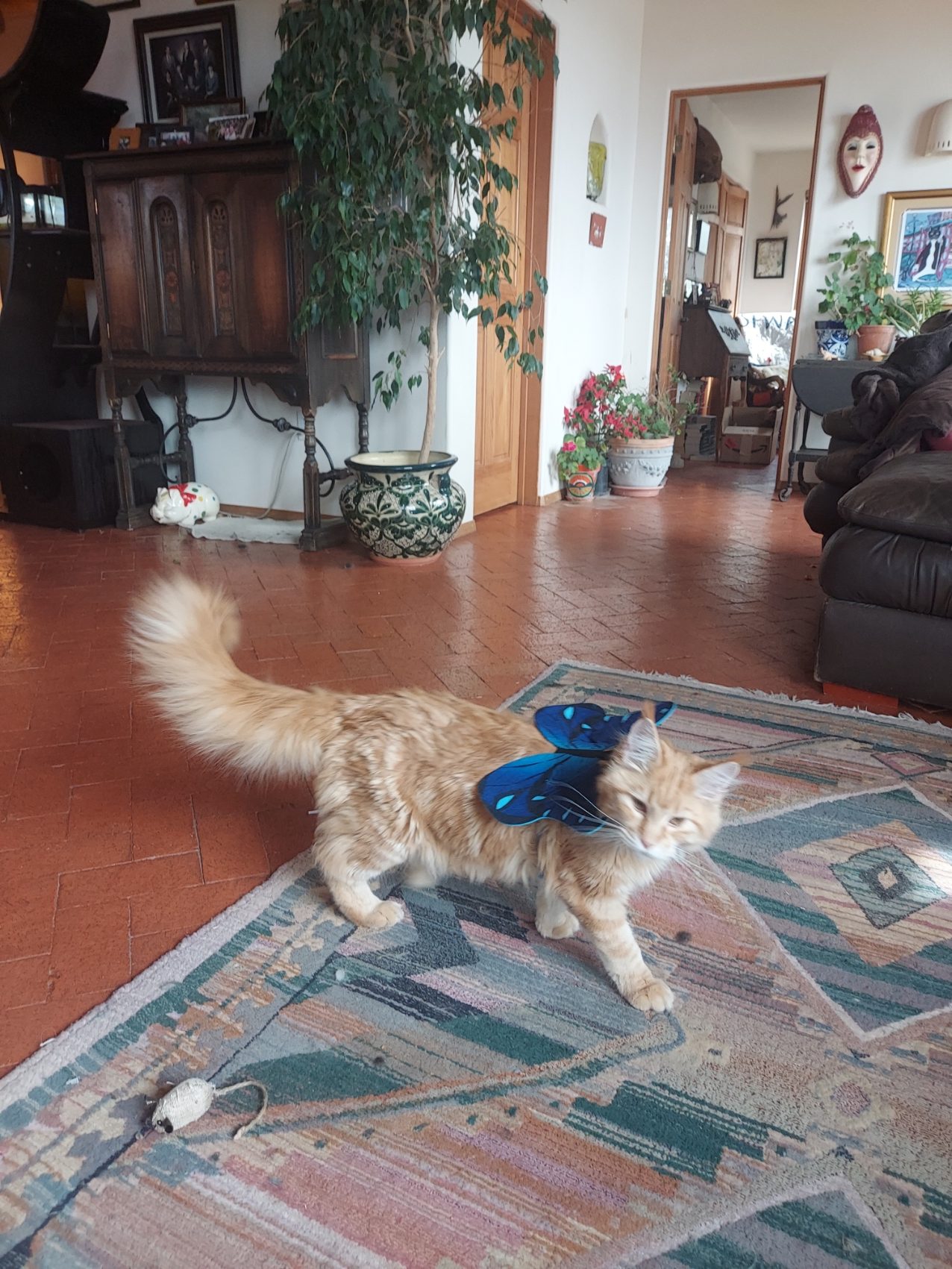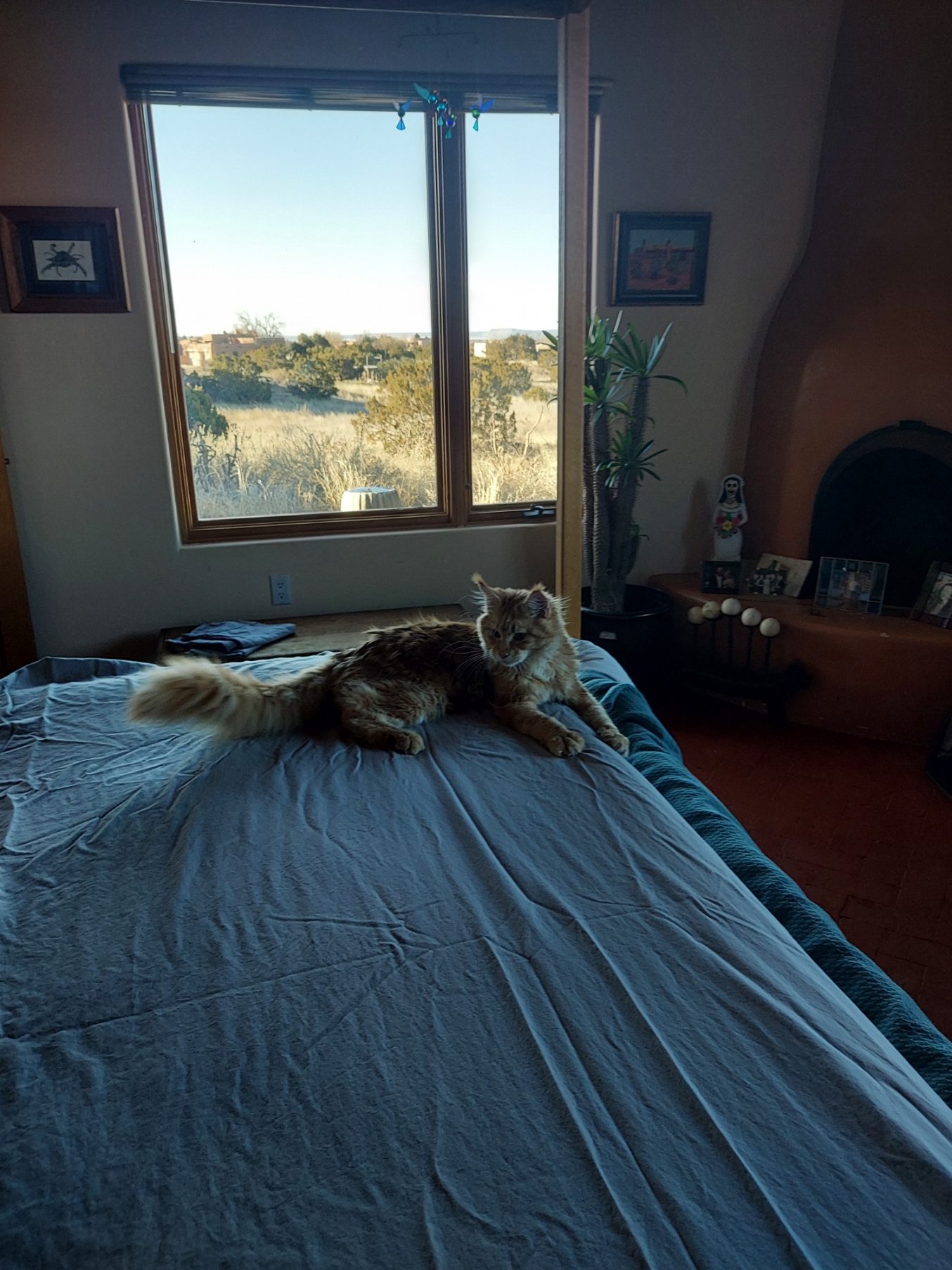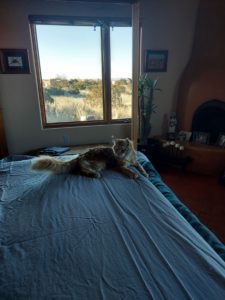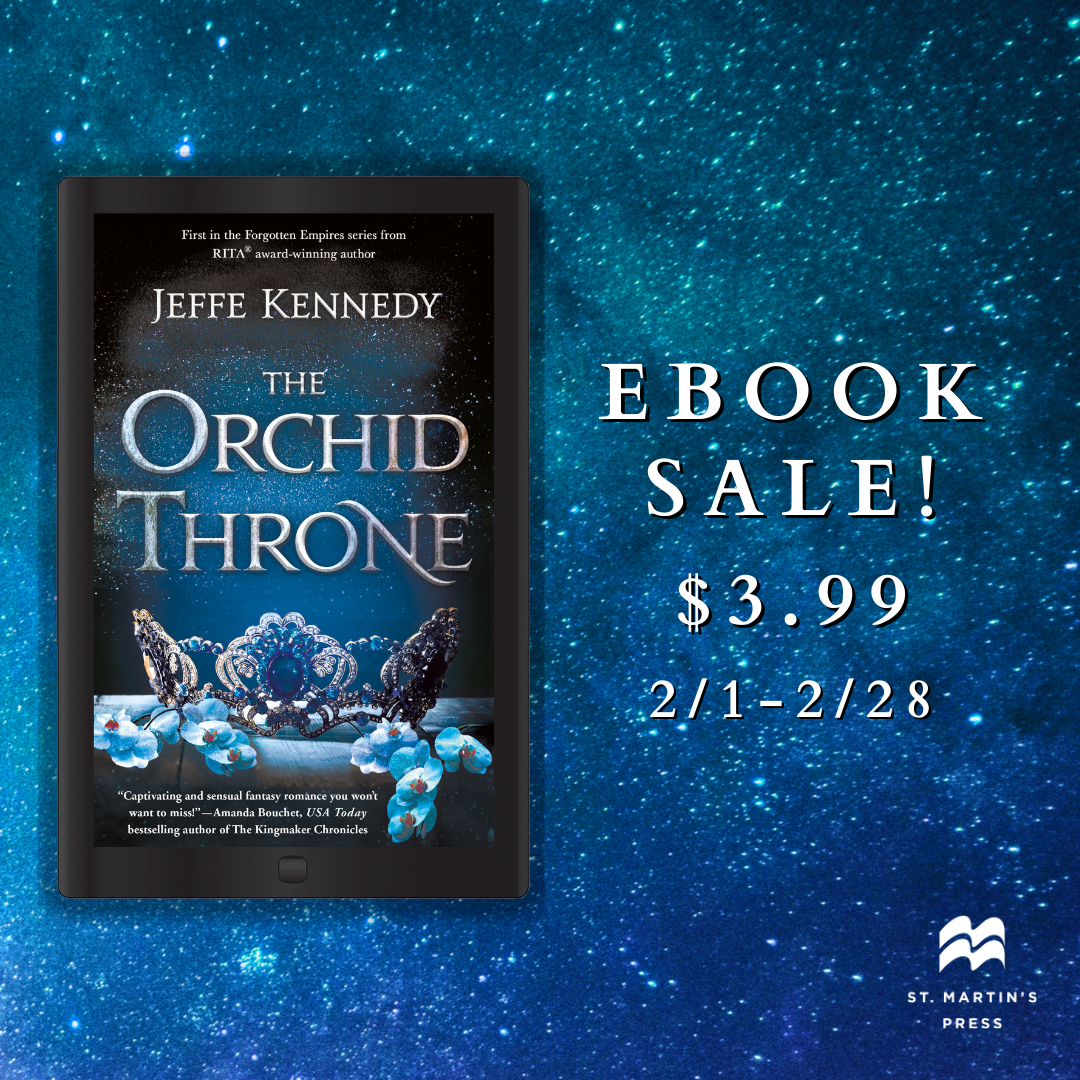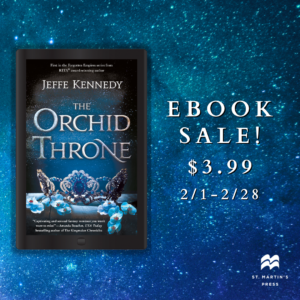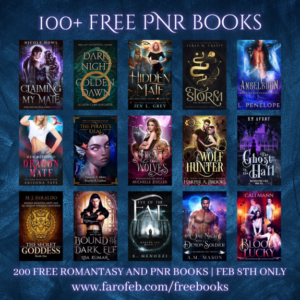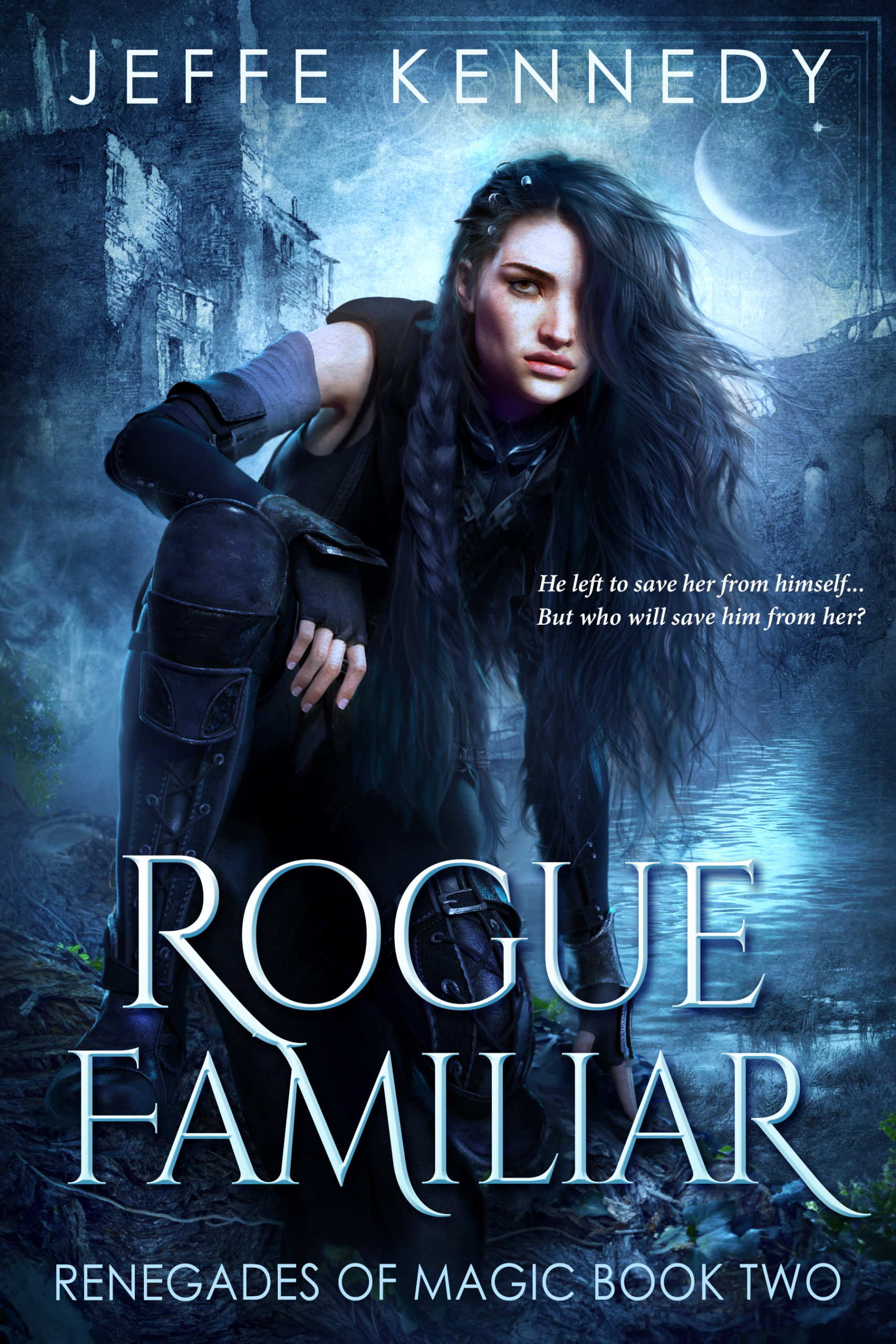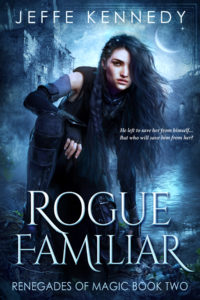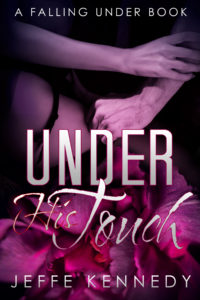
A lil reminder that my FALLING UNDER trilogy is now re-released and on Kindle Unlimited! These books are NOT fantasy, but are contemporary erotic romance. If that’s the kind of thing you like, then you may like these!
Our topic at the SFF Seven this week is hard work vs. luck as applies to authorial success.
One of my least favorite pieces of advice from successful authors is when they declare something along the lines of “Just write a good book!” This happens a lot with debut authors, happily reveling in the out-of-the-gate success of their first effort. I say this because authors who’ve had lots of trunked books or only midlist success almost never say this.
Why?
Because they know that writing a good book isn’t enough.
Yes, writing a good book is key. Improving our craft as authors is critically important. That’s where the hard work comes in. At least, one kind of hard work, the foundational kind. If the books aren’t written and revised and polished to the best of our ability, there’s nothing to sell.
On the other hand… luck is a huge factor in publishing. It just IS. That’s why I roll my eyes at any successful author who fails to acknowledge the role of serendipity in their rise to (relative) fame and glory. As human beings – especially ones with egos sufficient to withstand the slings and arrows of creative life, which is rife with downs as well as ups – we like to credit ourselves with being awesome. Are we fortunate or are we just that good?
We’d all like to think we’re just that good.
The thing is, lots of creators are really good. And lots of good books go nowhere. Acknowledging the role of serendipity in success not only keeps us humble – remember that ego is the enemy! – but also should reassure us when things don’t go our way. Authors careers, as previously noted, are rife with ups and downs. We can’t control the luck. What we CAN do is work hard and put ourselves out there so the luck can find us.
Best of luck to you all!
